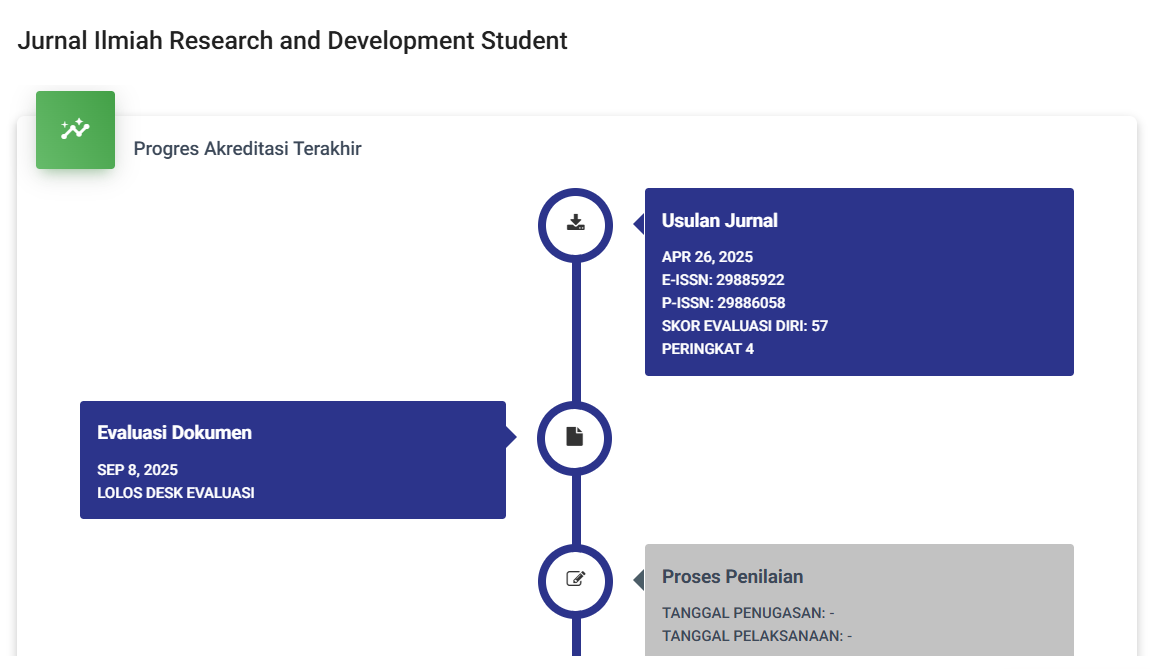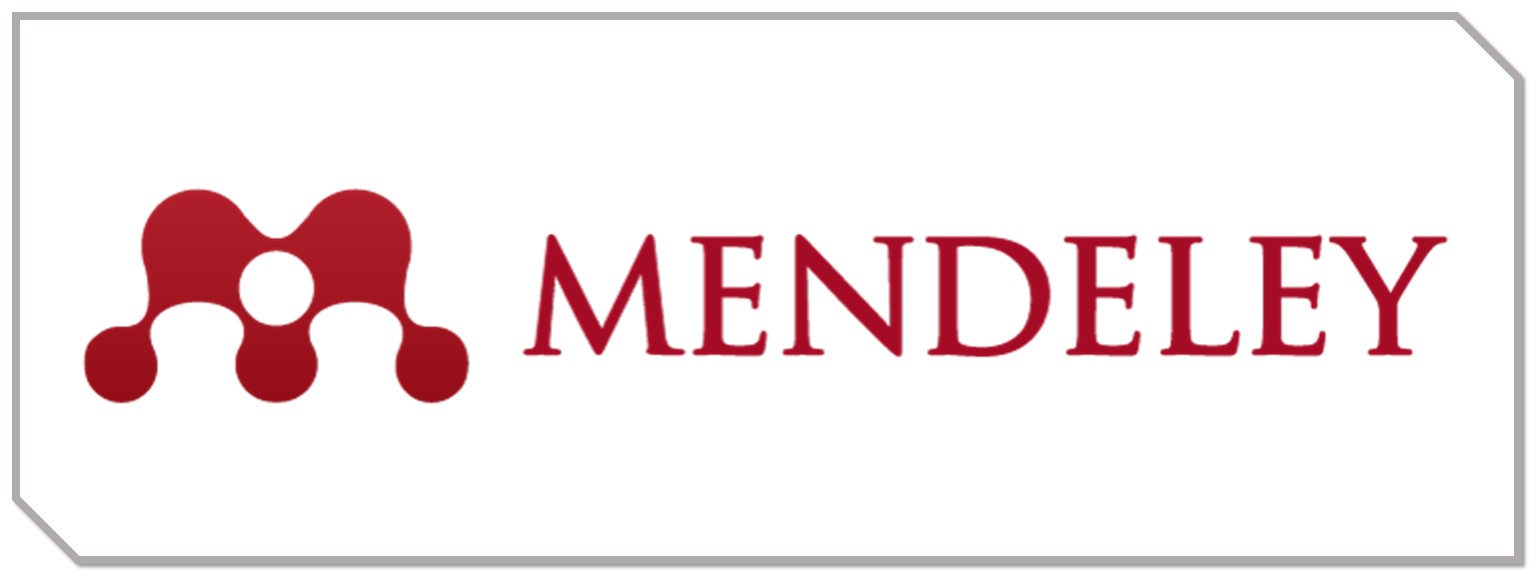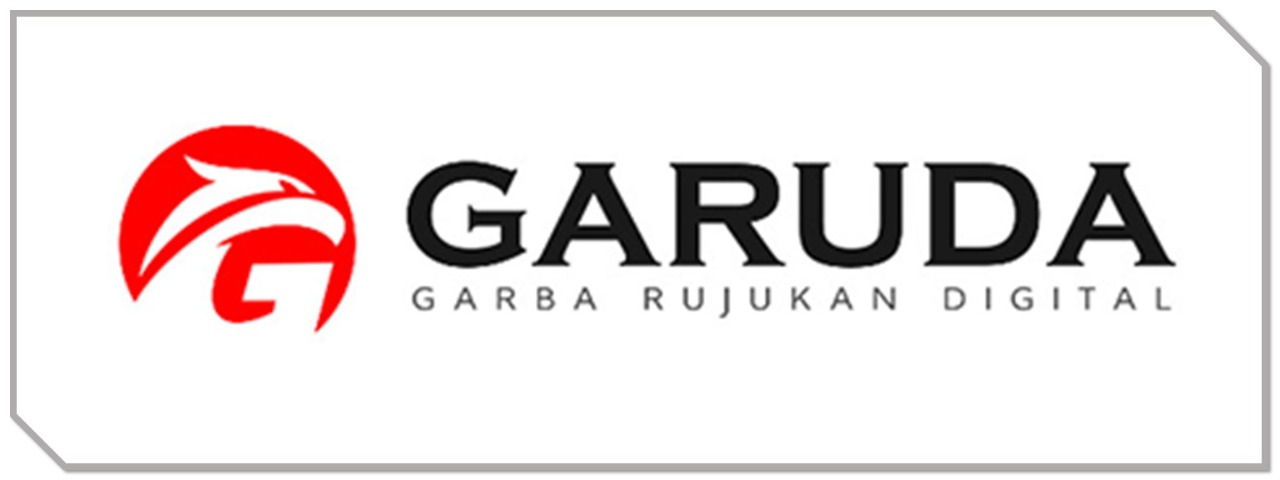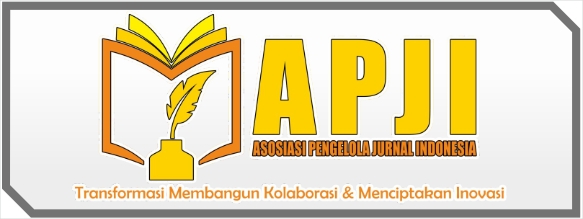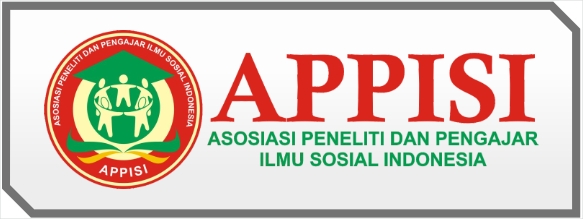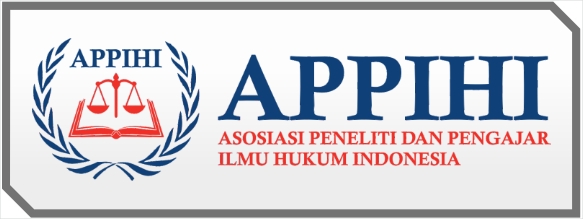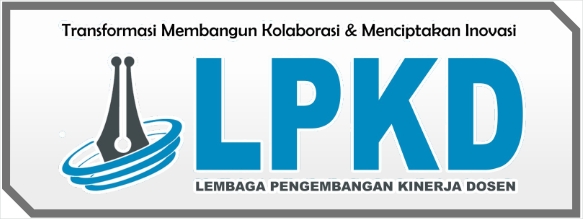PENGARUH PENERAPAN TOTAL QUALITY MANAGEMENT (TQM) DAN KUALITAS PELAYANAN TERHADAP KEPUASAN KONSUMEN PADA TRAVEL CV. FLORES SIBOLGA
DOI:
https://doi.org/10.59024/jis.v1i1.386Keywords:
Film, Semiotics Charles Sanders Pierce, Mental Health.Abstract
This study aims to determine the effect of whether there is an influence of the implementation of Total Quality Management (TQM) and service quality on customer satisfaction at Travel CV. Flores Sibolga. This research was conducted at Travel CV. Flores Sibolga The type of research used in this study is a type of quantitative descriptive research. From the results of the research analysis it can be seen that from the calculation of the research instrument, the results between the X and Y variables are obtained for each item which is declared valid because the total Corrcted item value is greater than the critical r value (0.30). From the calculation of the research data instrument, the results obtained between the variables X and Y are declared reliable because the Cronbach Alpha is above 0.60. From the normality test, all of them show that the distribution of the data does not violate the normality assumption, namely in the form of a bell and the data distribution is close to the diagonal line in the normal curve of the P-P Plot. There is an effect of the implementation of Total Quality Management (TQM) and service quality on customer satisfaction based on the calculation of the coefficient of determination of 68.9%, this means that what occurs in the variation of the dependent variable (service quality) of 68.9% is determined by the independent variable ( Total Quality Management and service quality) and the remaining 31.1% is determined by other variables not discussed in this study, such as variables, infrastructure, price, location and others. From the hypothesis test obtained: Total Quality Management variable has a t statistic value of 6.190 and is greater than t table which is 2.030 (6.190 > 2.030) and Service quality variable has a t statistical value of 6.154 which is greater than t table which is 2.030 (6.154 > 2.030) which means the hypothesis proposed "accepted"
References
Alma, Buchari. (2012). Manajemen Pemasaran Dan Pemasaran Jasa. Bandung : Alfabet.
Amsyah, Zulkifli. (2014). Manajemen Pemasaran. Jakarta : Gramedia. Pustaka Utama.
Arta, Nyoman. (2015). Perilaku dan Manajemen Organisasi Dalam Bisnis. Jakarta : Erlangga.
Assauri, Sofjan. (2013). Manajemen Pemasaran Konsep Dasar dan Strategi, edisi pertama. Jakarta : Raja Grafindo.
Dantes, Nyoman. (2012). Metode penelitian. Yogyakarta : Andi Offset.
Fajar dan Heru. (2012). Meraih Keunggulan Persaongan Bisnis, Jakarta : Erlangga.
Gozali, Imam. (2016). Metode Penelitian Dalam Perspektif Bisnis. Bandung : Alfabeta.
Irawan. (2014). Perilaku Konsumen, Jakarta : UI-Press.
Ishikawa. (2016). Perilaku Industri dan Organisasi, Jakarta : UI-Press.
Kasmir. (2013). Kualitas Sektor Bisnis: Yogyakarta : Global.
Kotler dan Amstrong. (2014). Principles Of Marketing. 13 Edition. Alih Bahasa oleh Benyamin Molan Jakarta : PT Indeks.
Krismoaji (2015). Pengaruh penerapan strategi Total Quality Management (TQM) dan pelayanan prima terhadap kinerja organisasi pada PT. Pasena Lampung. Karya Ilmiah, Medan : USU Pers.
Kusnanto. (2012). Customer Service, Jakarta : Penerbit Raja Grafindo Persada.
Kusuma Admadja (2013). Peningkatan kepuasan konsumen ditinjau dari penerapan Customer Relation Manajemen (CRM) dan kualitas layanan pada CV. Brahma Nusantara Lampung. Karya Ilmiah, Medan : USU Pers.
Nasution, M. (2013). Manajemen Jasa Terpadu, Bogor : Ghalia Indonesia.
Nooria. (2014). Pengaruh Persepsi Kualitas Jasa Pelayanan. Surakarta : Fakultas Psikologi Universitas Muhammadiyah.
Rahmayanti, Nina. (2014). Manajemen Pelayanan Prima ( Mencegah Pembelotan dan Membangun Customer Loyality ).Yogyakarta : Graha Ilmu.
Sangadji dan Sopiah, (2013) Perilaku Konsumen, : Yogyakarta Andi.
Siregar, Syofian. (2014). Metode penelitian kuantitatif dilengkapi dengan perbandingan perhitungan manual dan SPSS. Jakarta : Kencana.
Stanton, William. (2014). Management Pemasaran Modern. Jakarta : Grasindo Persada.
STIE Al - Washliyah Sibolga / Tapanuli Tengah,( 2022), Pedoman Penulisan dan Penyusunan Skripsi / Laporan Penelitian . Sibolga : STIE Al- Washliyah Sibolga/ Tapanuli Tengah.
Sugiyono (2012). Metode Penelitian Bisnis, cetakan ke enam belas, Bandung : Alfabeta.
-------------- (2013). Metodelogi Penelitian Kuantitatif, Kualitatif Dan R&D. Bandung : Alfabeta.
Sunjoyo, dkk. (2013). Aplikasi SPSS untuk Smart Riset, Bandung: Alfabeta
Supranto. (2012). Statistik,Teori dan Aplikasi, Jilid II, Edisi III, Jakarta : Erlangga
Sutrisno. (2013). Strategi Menaklukkan Pasar. Jakarta : Gramedia Pustaka Utama.
Tjiptono, Fandy. (2012). Service, Quality & Satisfaction, Yogyakarta : Andi.
Wibowo. (2016). Manajemen Kualitas Sektor Bisnis: Yogyakarta : Global.
Yamit, Zulian. (2013). Manajemen Kualitas Produk dan Jasa. Yogyakarta : Ekonesia
Zainal dan Basri. (2015). Strategi Pemasaran Untuk Meraih Keunggulan Bersaing. Edisi pertaman, Yogyakarta : UPP.
Downloads
Published
Issue
Section
License
Copyright (c) 2023 JURNAL ILMIAH RESEARCH AND DEVELOPMENT STUDENT

This work is licensed under a Creative Commons Attribution-ShareAlike 4.0 International License.


